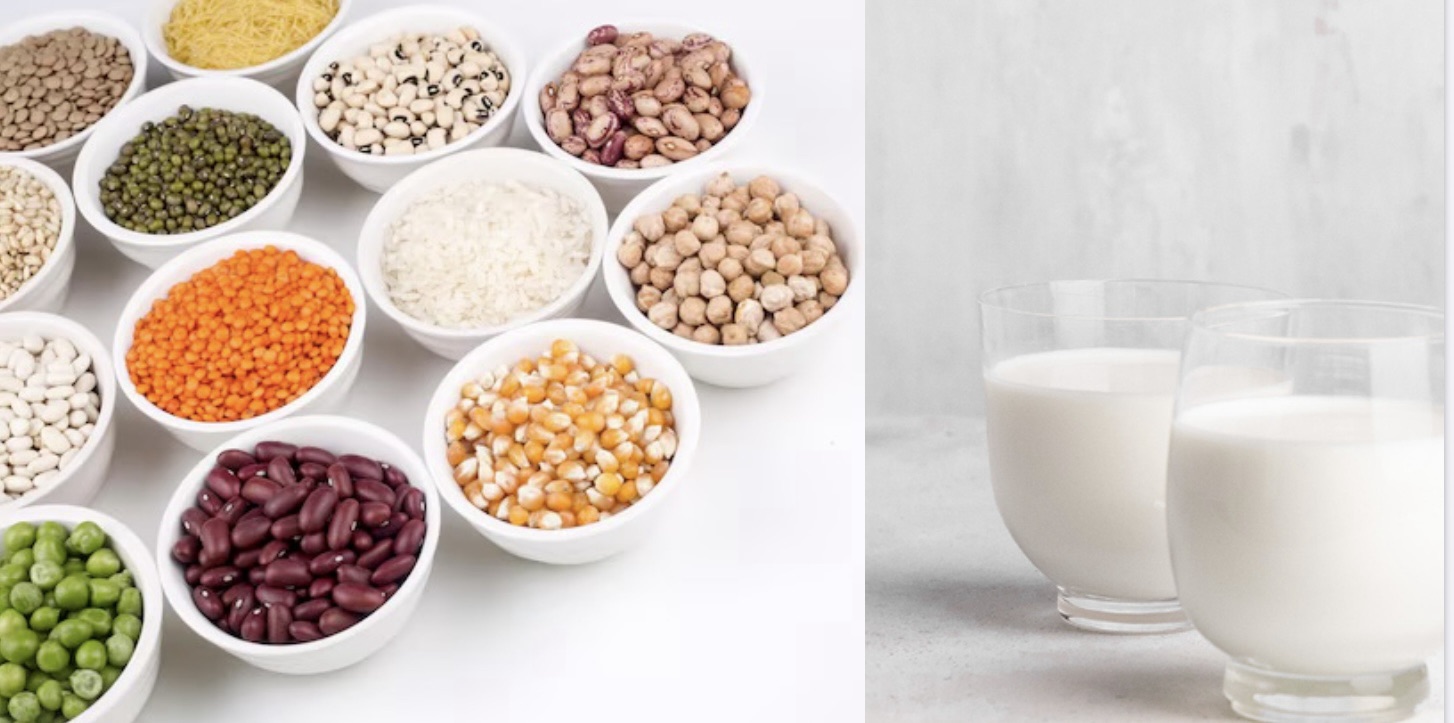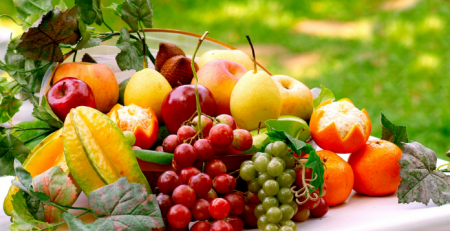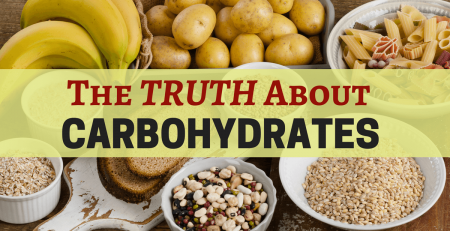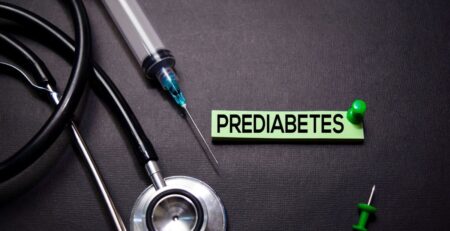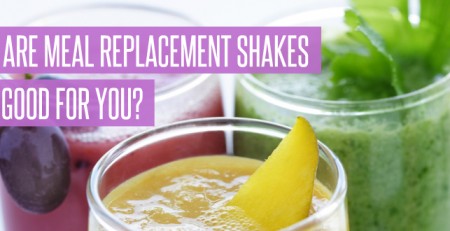Protein Sufficiency In Vegetarian Diets!
Lacto-Vegetarian Diets Are Not Protein Deficient!
There are plenty of myths about proteins in vegetarian diets.
A common belief is that the there are not much proteins in vegetarian foods.
Many vegetarians are worried about the protein sufficiency of their diet.
Some of them even turn to protein supplements like protein powders, whey protein powders and some even try to become eggetarians meaning adding eggs to their diet, albeit forcibly.
***
What is the truth?
These fears are totally unfounded and vegetarians needn’t worry about any protein insufficiency of their diet, especially if they are lactovegetarian.
A balanced lactovegetarian diet can be as good in protein sufficiency as any omnivorous diet.
The three major protein sources of lactovegetarian diet are milk and a combination of pulses and cereals.
Nuts and seeds are also good sources of proteins and good fats, but since they are high in fats, they are also high in calories, and you can’t consume them in large quantities if you are watching your weight.
Milk of course is a complete protein providing all the nine essential amino acids.
Pulses and legumes and whole grain cereals provide ample proteins in vegetarian diet.
It is true that cereals and pulses individually do not provide the full range of all the nine essential amino acids.
Cereals lack lysine while pulses lack methionine, tryptophan and cysteine.
But cereals have methionine, tryptophan and cysteine and pulses have lysine.
Thus when taken together, cereals and pulses provide all nine essential amino acids and become complete proteins.
***
How much proteins do we need?
We need 0.8 gm of proteins per kg body weight.
So a 60 kg adult needs 48 gm protein daily.
***
How much protein does a lactovegetarian diet provide?
Two glasses of buffalo milk (500 ml) provide 20 to 21.5 gm of proteins
Two glasses of cow milk (500 ml) provide 16 to 17 gm of proteins
One bowl (100 gm) of buffalo milk curds provides 4.1 to 4.3 gm protein
One bowl (100 gm) of cow milk curds provides 3.2 to 3.4 gm protein
Four chapatis (made from 100 gm dry wheat flour) provide 12 gm of protein
Two bowls (200 gm) cooked rice provide about 5 gm of protein
Two bowl (200 gm) dal or usal provide 12 to 16 gm proteins
Vegetables and fruits, though low in proteins, still can contribute 1.5 to 2 gm protein per 100 gm, meaning they too can contribute over 5 gm protein if taken adequately.
So it is not too difficult to exceed 50 gm or more, of proteins, from a balanced vegetarian diet.
And as long as we eat a wider variety of protein sources, our body can easily assemble complete proteins from the available amino acid pool.
Lactovegetarians who consume half a litre of milk also get their recommended dietary allowance (RDA) of Vitamin B12.
***
Conclusion: Protein anxiety of vegetarians is totally unfounded
Lacto-vegetarians who consume a variety of whole foods, pulses and legumes and whole grain cereals, and dairy, fresh vegetables and fruits have no reason to fear protein deficiency or their overall health.
In fact, they have better intestinal health, lower risk of chronic diseases like hypertension, type 2 diabetes, heart disease and strokes and some cancers and healthier blood and weight profiles.
The idea that vegetarians must struggle to meet protein needs is not supported by current nutritional science.
So stop worrying and focus on eating a wider variety of whole foods and low fat dairy, your protein requirements will automatically be taken care of!
Pure vegans, who don’t consume milk, of course will struggle a little to get enough proteins. They of course do not get any Vitamin B12 in their diet, they have to take it as a supplement.
Also read the article ‘Basics Of Nutrition’ on this website.

